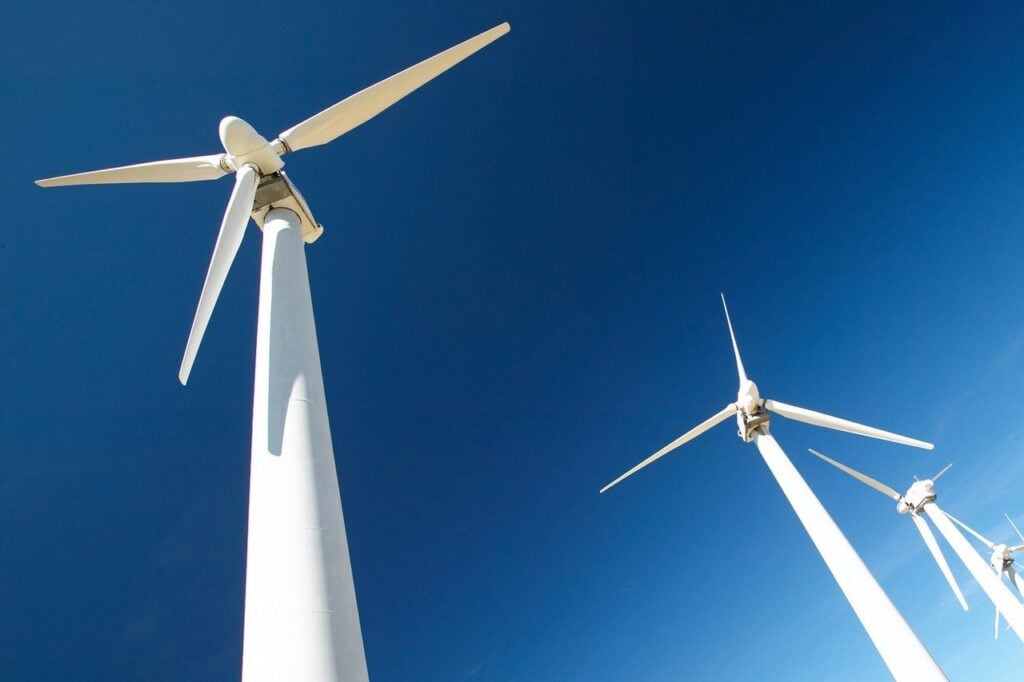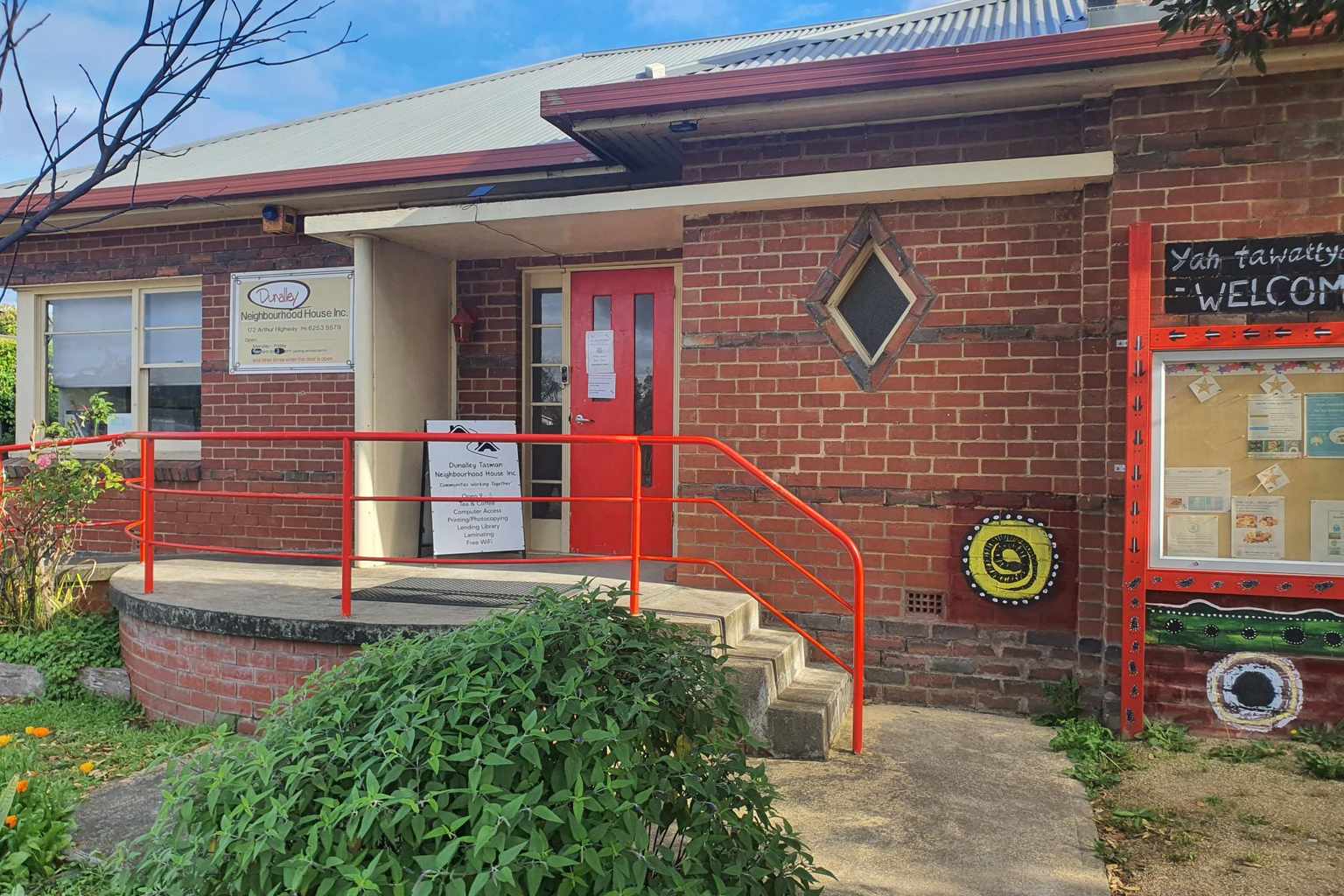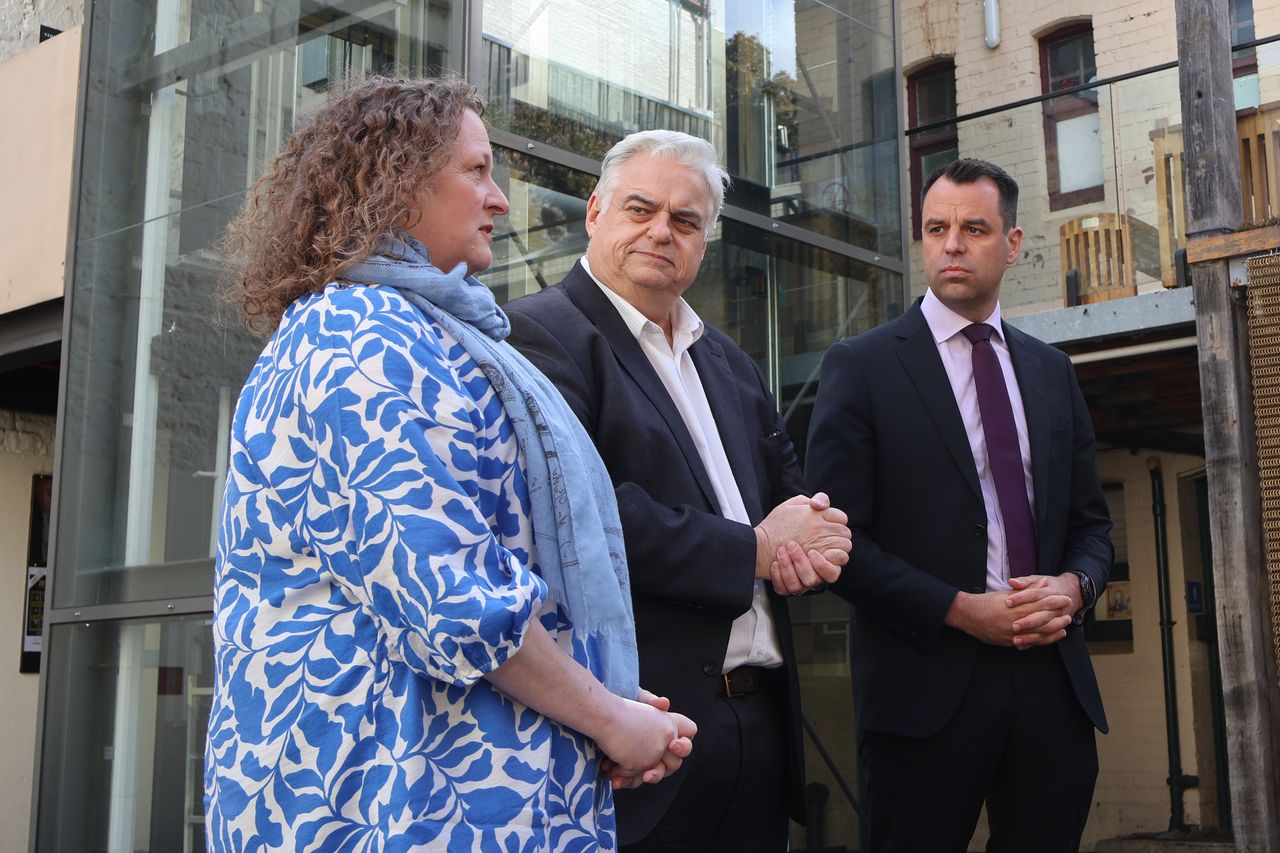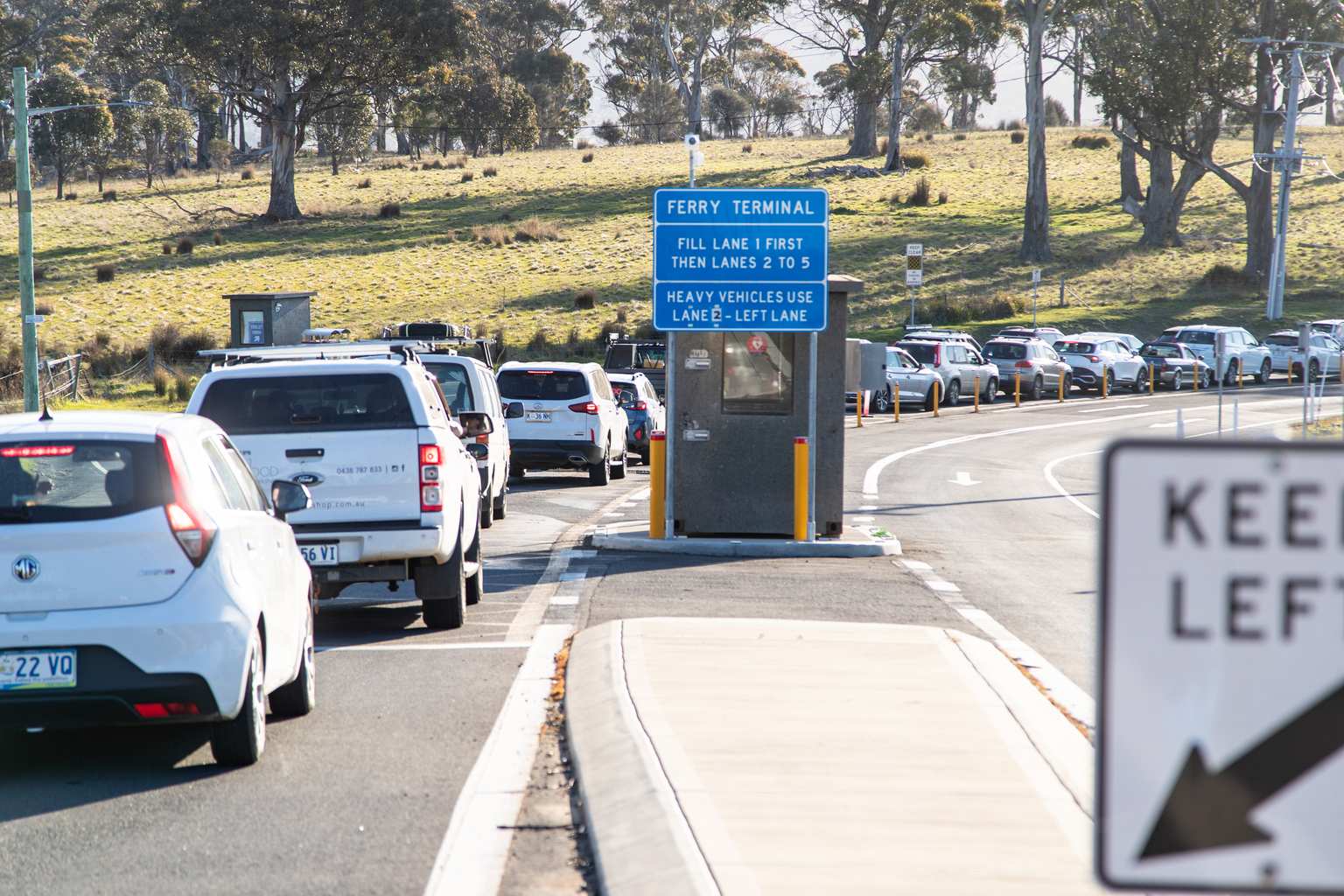The federal government has given the green light to a 100-turbine wind farm in north-west Tasmania.
Environment Minister Murray Watt today approved the Robbins Island project, ending a two-year saga marked by seven delays and multiple court battles.
The $3 billion development is expected to power 422,000 homes and cut emissions by 3.4 million tonnes each year.
But the location is controversial. The wind farm sits on the flight path of the critically endangered orange-bellied parrot, with fewer than 50 left in the wild.
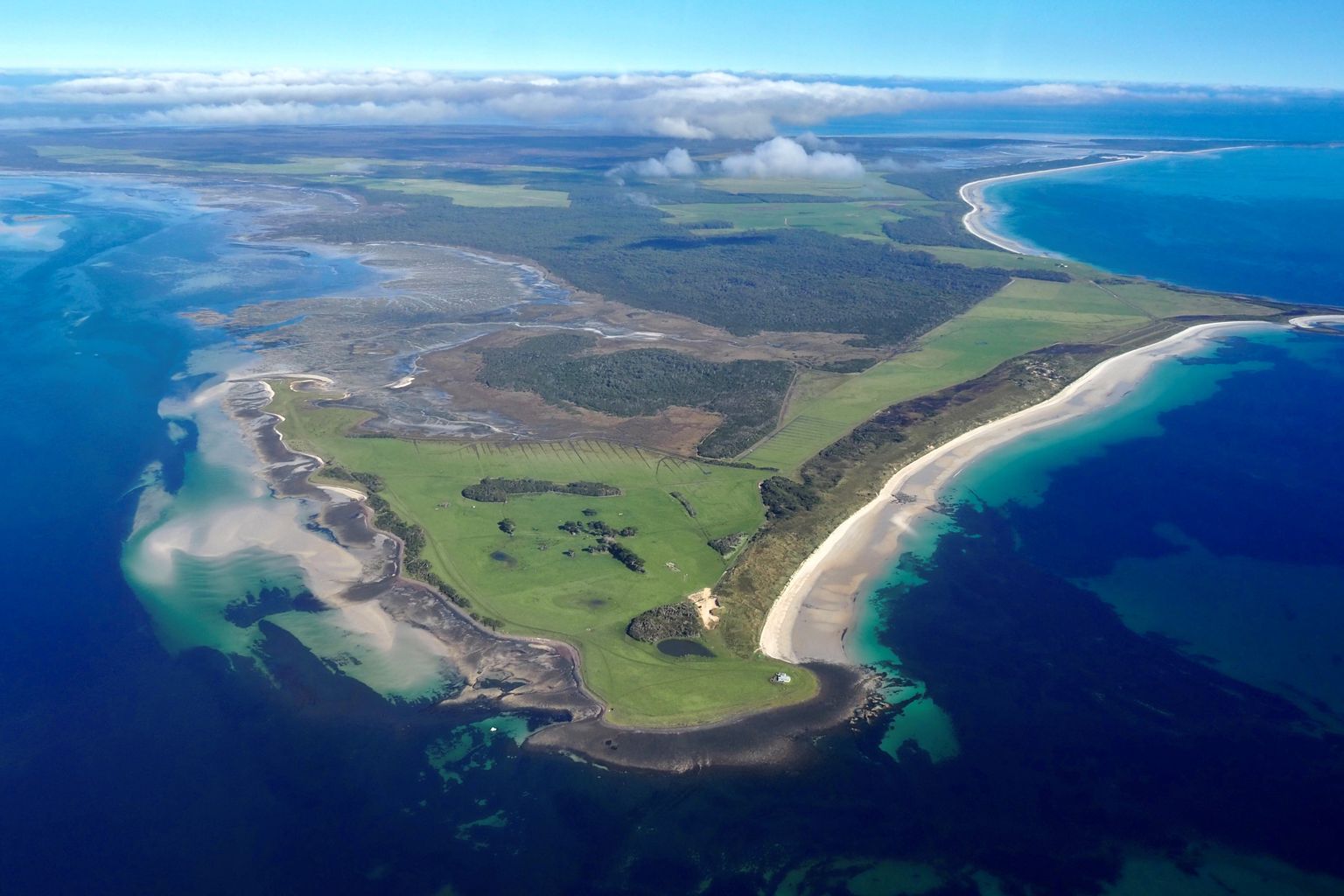
The island is also home to a disease-free population of Tasmanian devils.
“The decision includes strict conditions from both the Tasmanian and Australian governments to ensure this project will be constructed and operated in a way that safeguards nationally protected species,” Watt said.
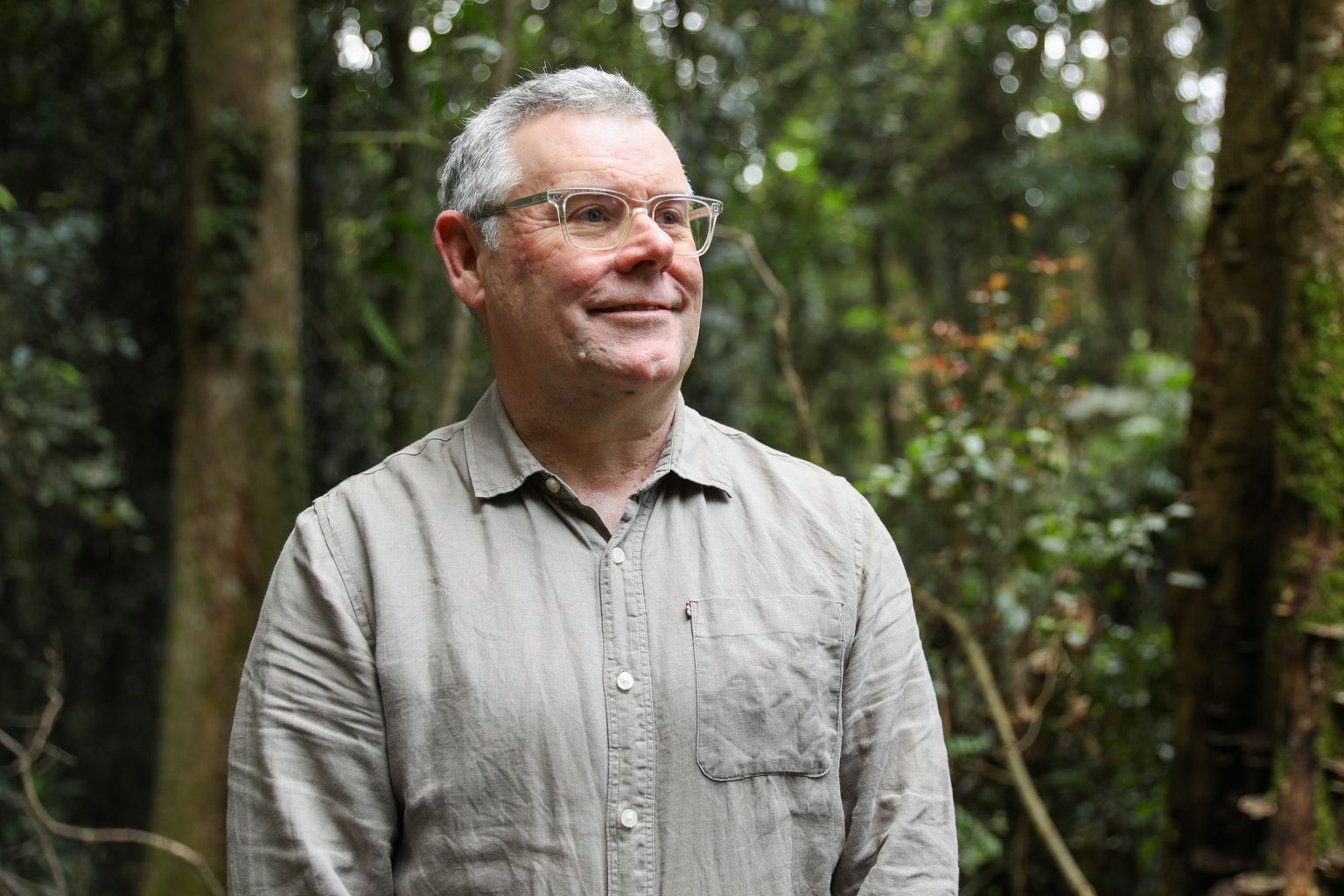
“These include additional conditions to mitigate and manage risks to the critically endangered orange-bellied parrot and to enhance conservation outcomes for the species.”
In total, 88 conditions have been attached to the approval. They include comprehensive wildlife surveys and a bird and bat management plan that could see turbines shut down temporarily.
ACEN Australia must also contribute to orange-bellied parrot conservation programs and build barriers to stop mainland Tasmanian devils from reaching the island and spreading facial tumour disease.
The plan also involves a 500-metre wharf across tidal flats and a bridge linking Robbins Island to the Tasmanian mainland.

Former environment minister Tanya Plibersek delayed the decision seven times since 2022, with appeals reaching both Tasmania’s planning tribunal and the Supreme Court.
Construction is expected to begin in 2031, creating 350 construction jobs and 50 permanent positions.
ACEN Australia managing director David Pollington said the milestone was a key achievement for the company.
“The decision shows that large, complex projects can be delivered responsibly, balancing overall impacts and conserving biodiversity, with the need for clean energy to address climate change,” he said.

“It comes at a time when Australia faces a stalling energy transition and looming power shortages as coal exits the system.”
“It also reflects the depth and rigour of ACEN’s work to address the assessment criteria and scrutiny applied through the approvals process.”
Tasmanian Chamber of Commerce and Industry chief executive Michael Bailey said the approval showed confidence in the state’s economy.
“For Tasmanian businesses this means work, contracts and growth. From civil construction to transport, manufacturing, hospitality and tourism, the economic ripple effect will be immense,” he said.

“The approval of Robbins Island is a reminder of what can be achieved when governments and business work together.”
Conservation groups have not yet responded to the approval.

